preventing vector borne disease outbreaks
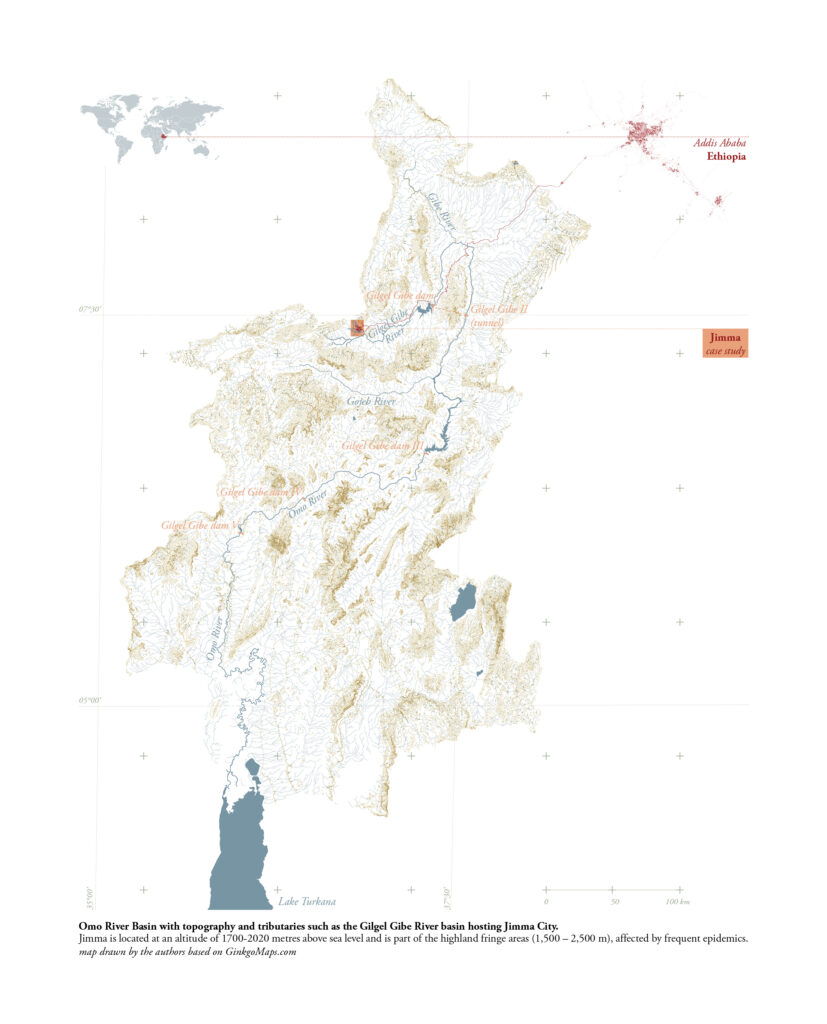
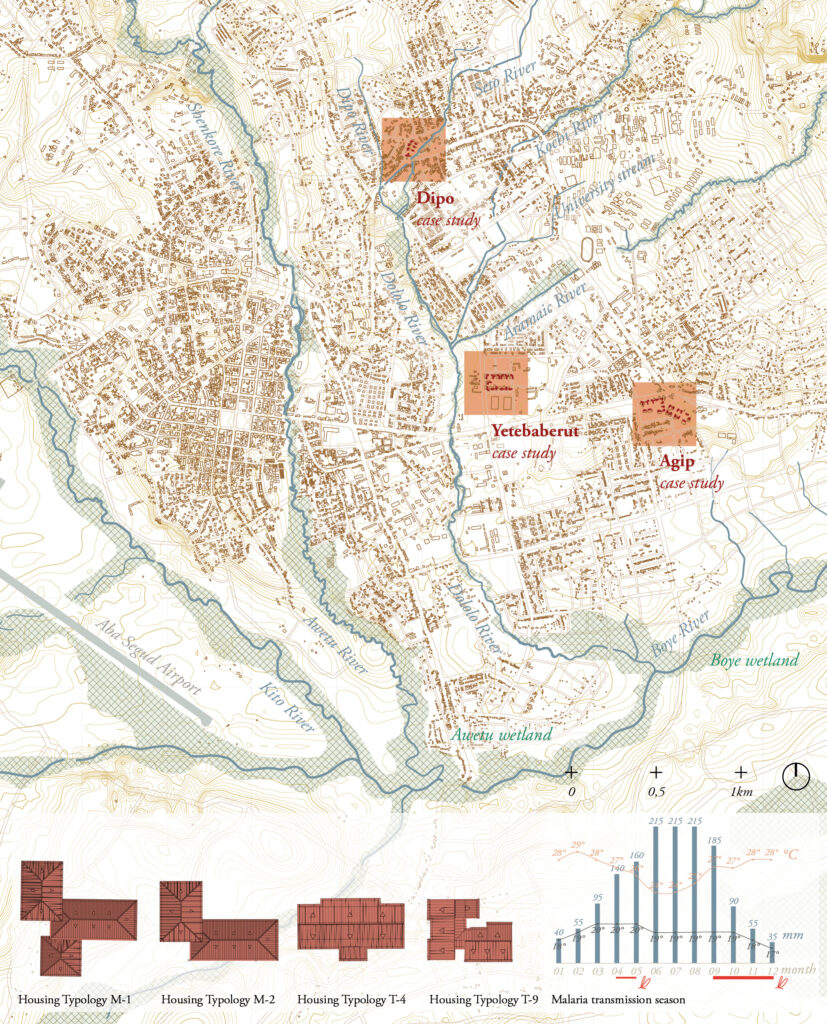
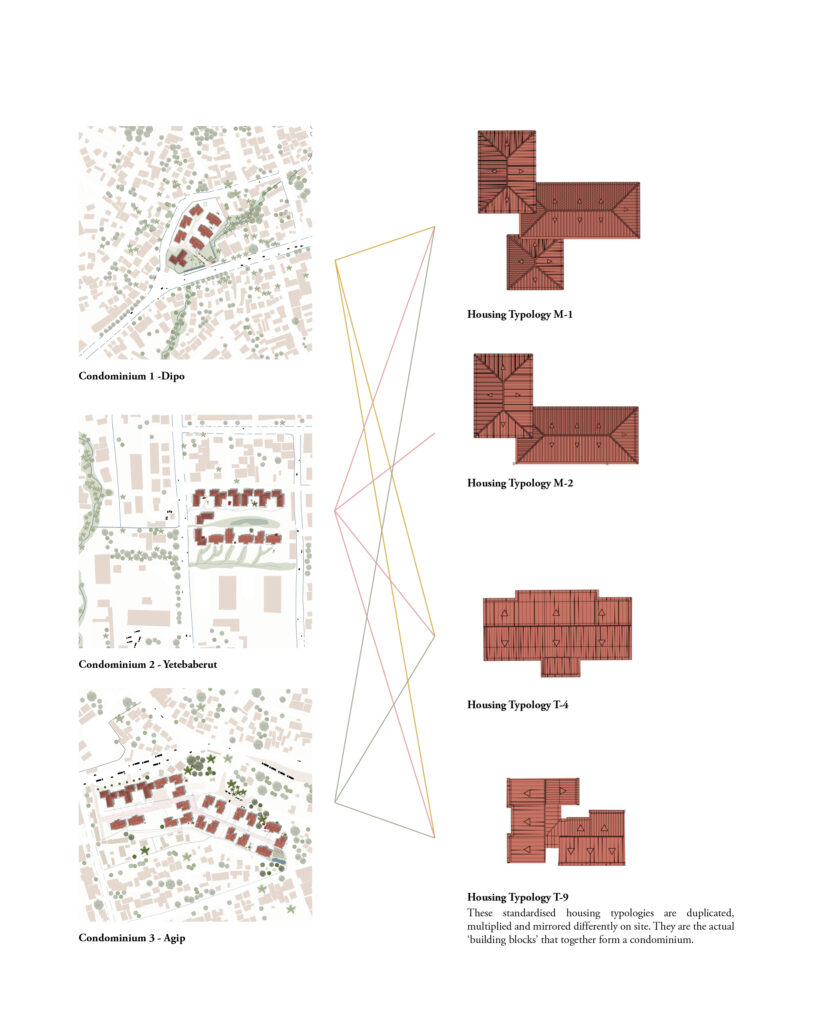
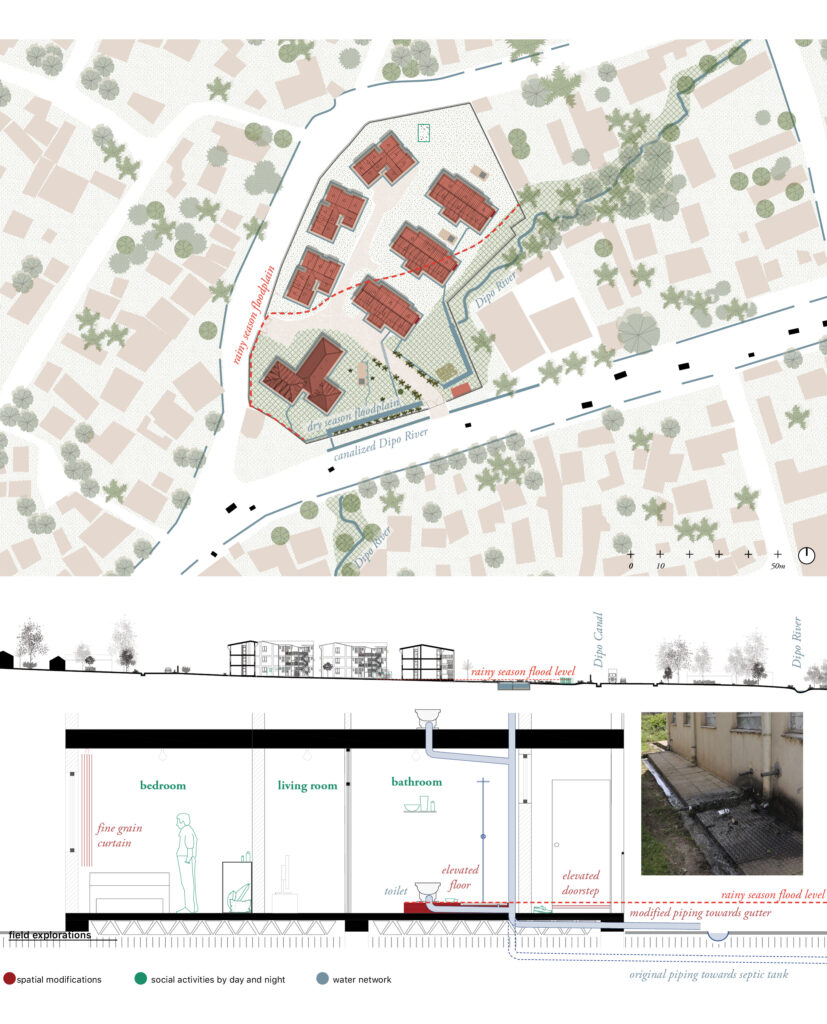
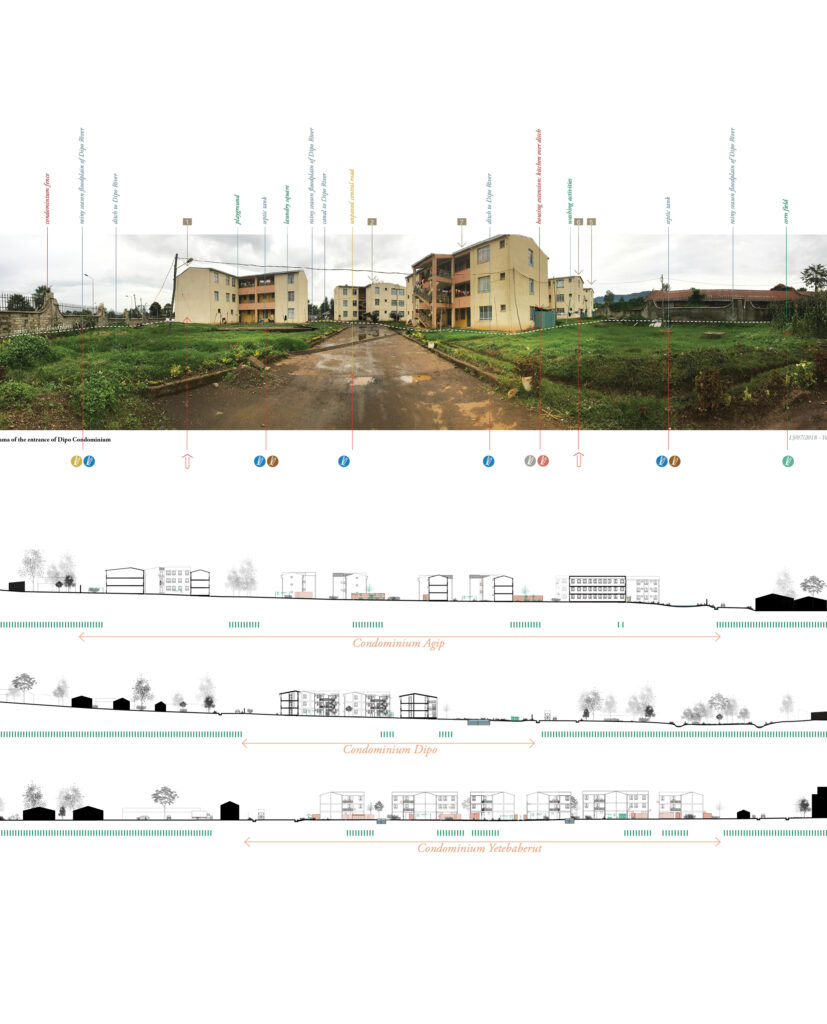
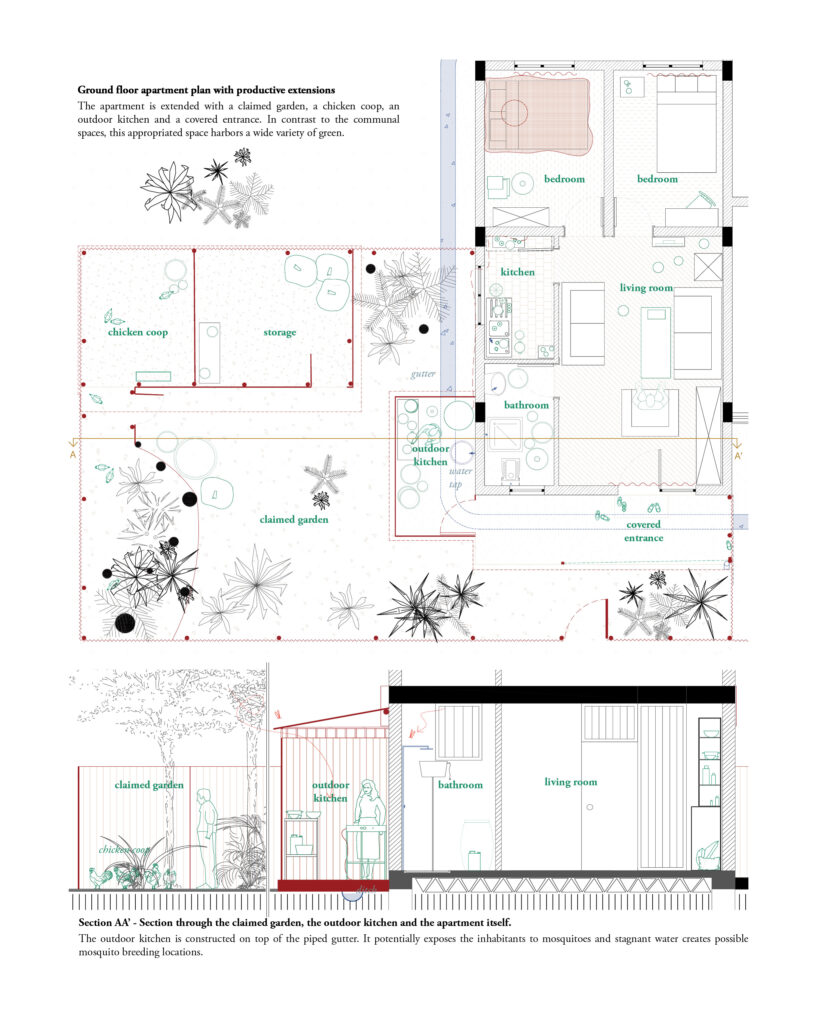
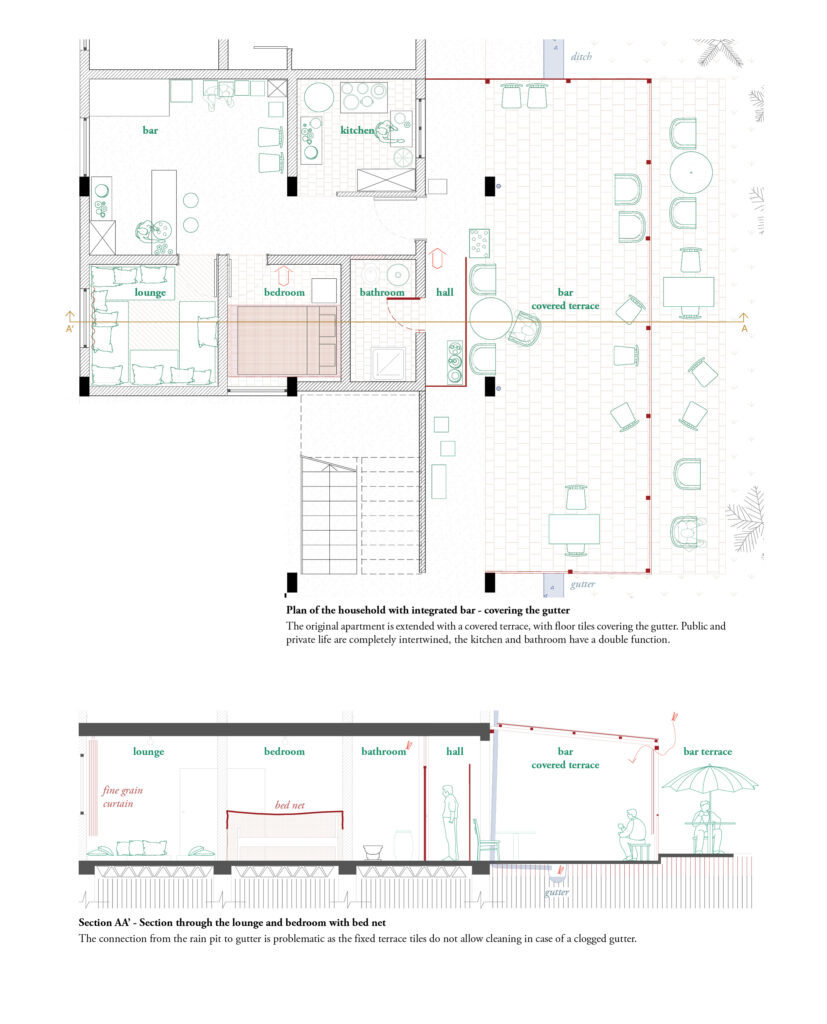
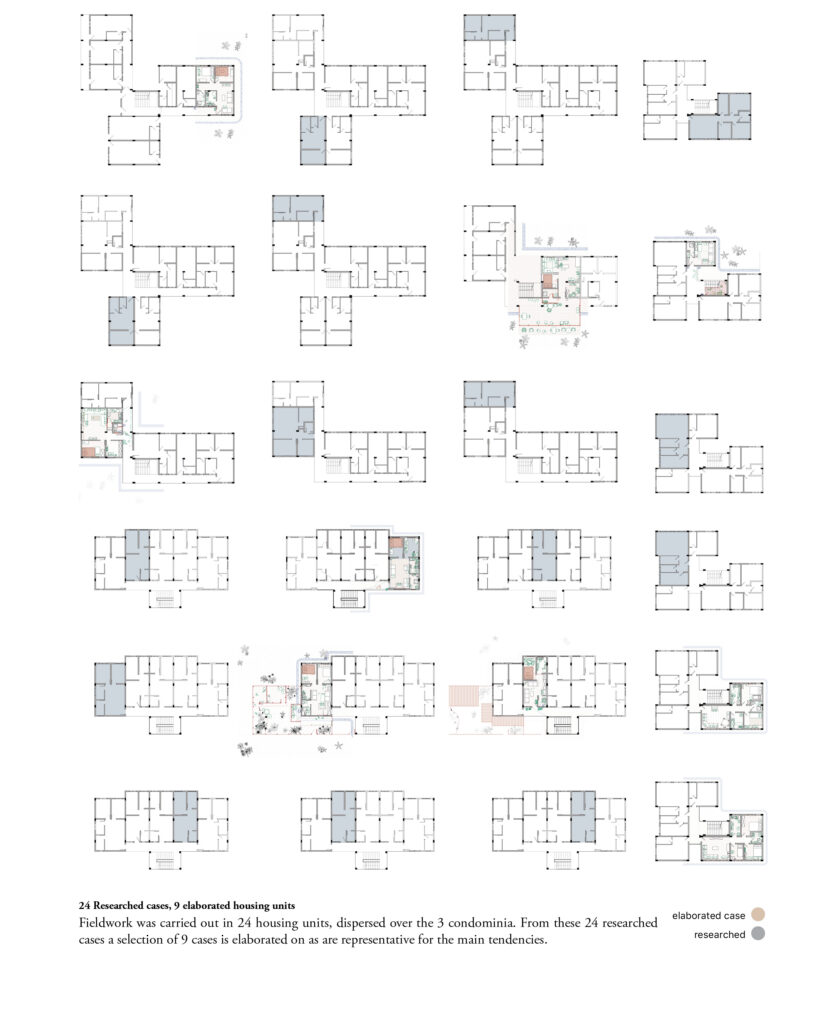
short note
2020, Jimma, Ethiopia
Preventing vector-borne disease outbreaks in emergent peri-urban settings.
A transdisciplinary study on the Integrated Housing Development Programme
Jimma, Ethiopia
In spite of substantial progress achieved over the last decades, recent major outbreaks of vector borne diseases (dengue, chikungunya, Zika and yellow fever, among others) indicate that vector control remains a major challenge. Success in vector control has been affected by a rapidly changing world in which climate change, rising urbanization, and mass migration increase the potential for disease outbreaks. The adaptation of malaria vectors to urban ecosystems has been extensively documented and multiple contributing factors to urban malaria transmission have been identified.
This proof-of-concept study aims to develop an integrated methodology and analysis to contribute to reducing the sustained presence of competent vectors in peri-urban areas of Jimma Town through the anthropological, architectural and urban analysis of Integrated Housing Development Programme settlements (abbreviated ‘IHDP’, and further referred to as ‘condominium’). In order to do so the study researched on 3 condominia located in Jimma: condominium Dipo, located in the Dipo river floodplain, Yetebaberut, located on swampy land near the Dololo River, and Agip, a road-based condominium.
details
Part of the PhD trajectory on Urban Disaster Resilience, partly carried out for Witteveen+Bos
Interdisciplinary team: Claudia Nieto-Sanchez (medical antropology), Stefanie Dens (eng-arch, urb), Adamu Addissie (epidemiology), Delenasaw Yewhalaw (entomology), Kalkidan Solomon (medical antropology), Asgedom Haile (arch), Beatrix Yuan (antropology), Thomas Hawer (eng-arch), Koen Peeters Grietens (medical antropology)
Client: BOVA – building out vector borne diseases research network
Collaboration: Institute of Tropical Medicine Antwerp, Ethiopian Health Institute, Addis Ababa University